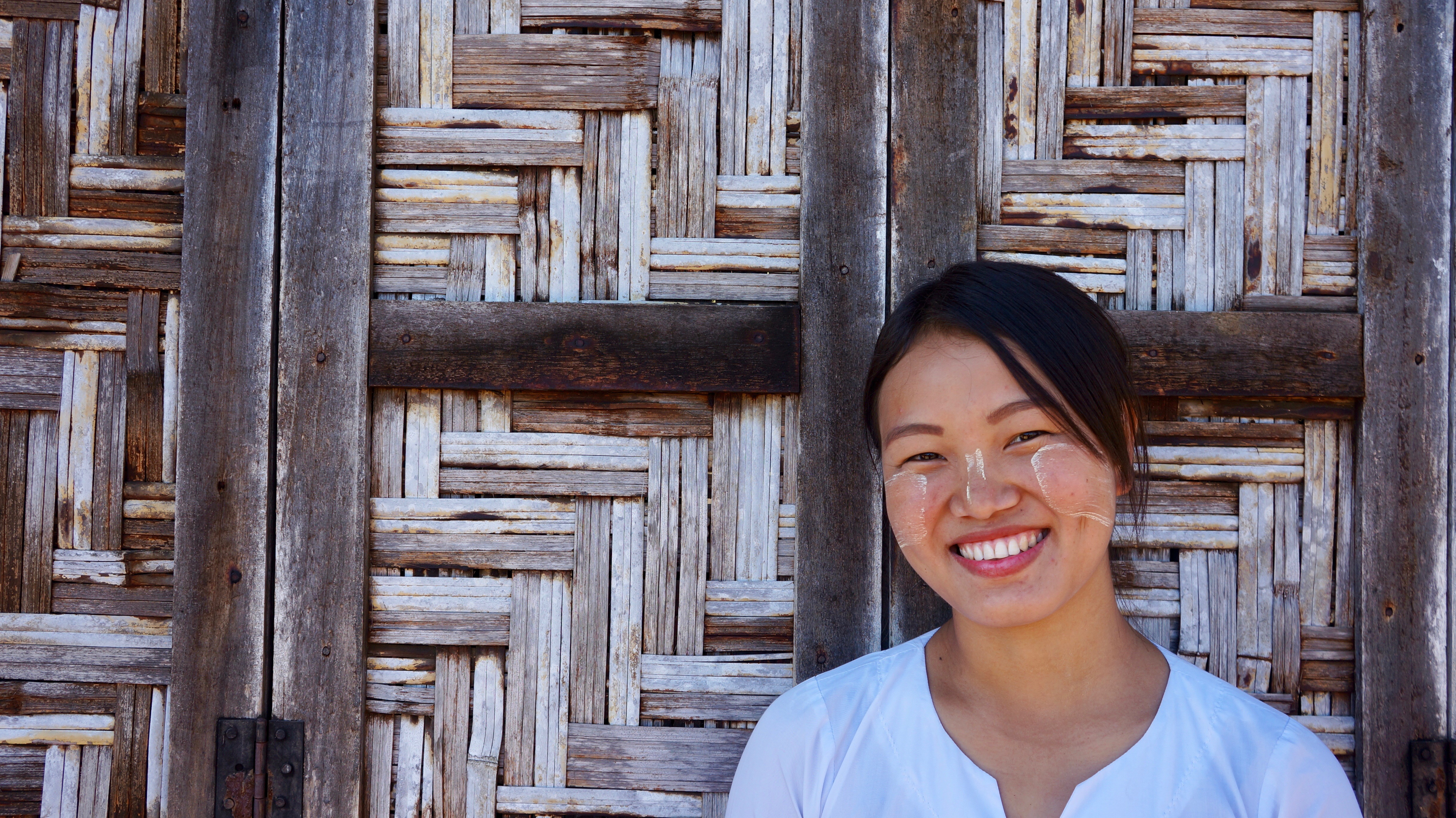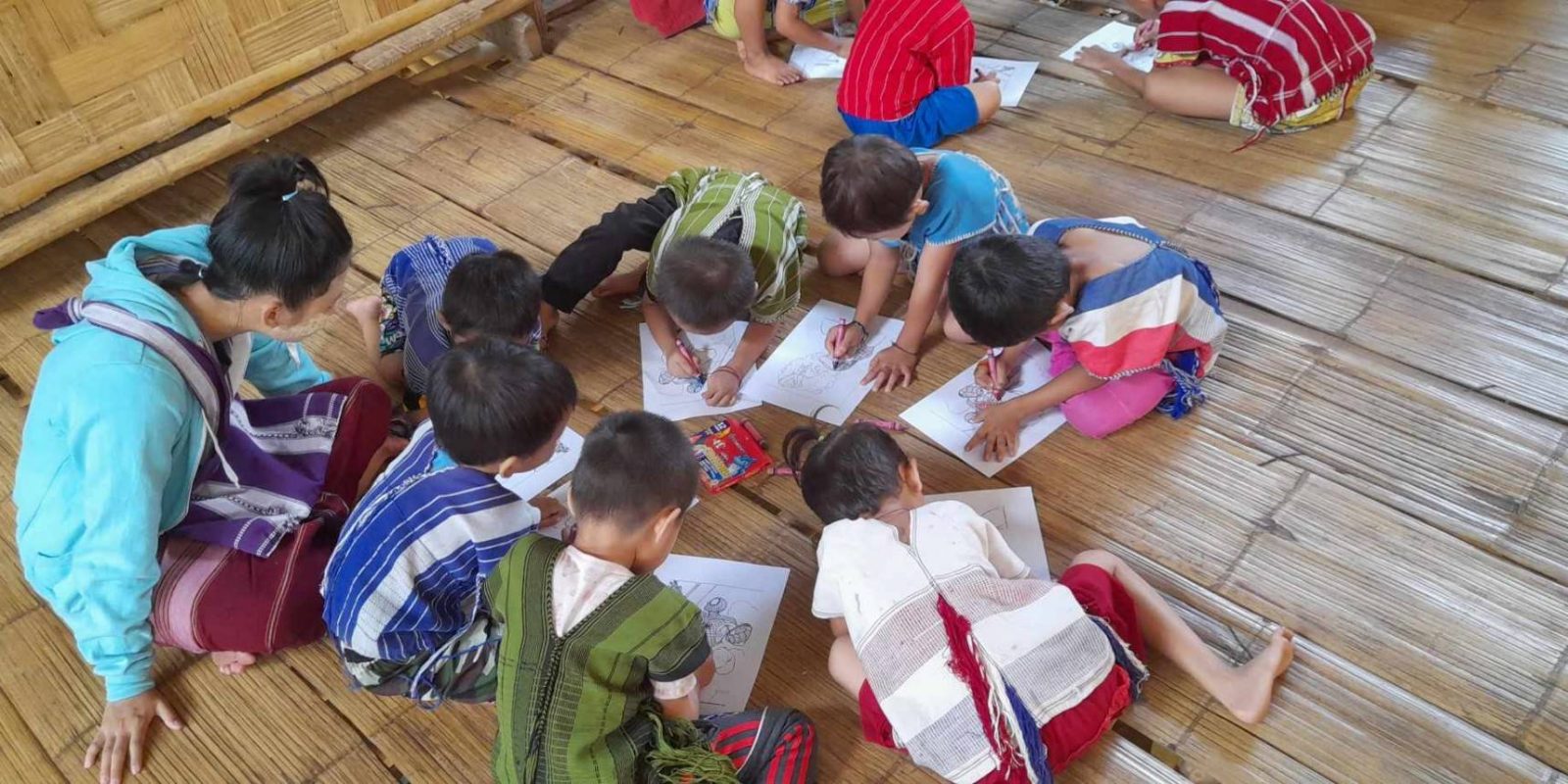Myanmar: Enable local productions to prevent COVID-19
10 August 2020|Rosalyn, JRS Myanmar Country Director
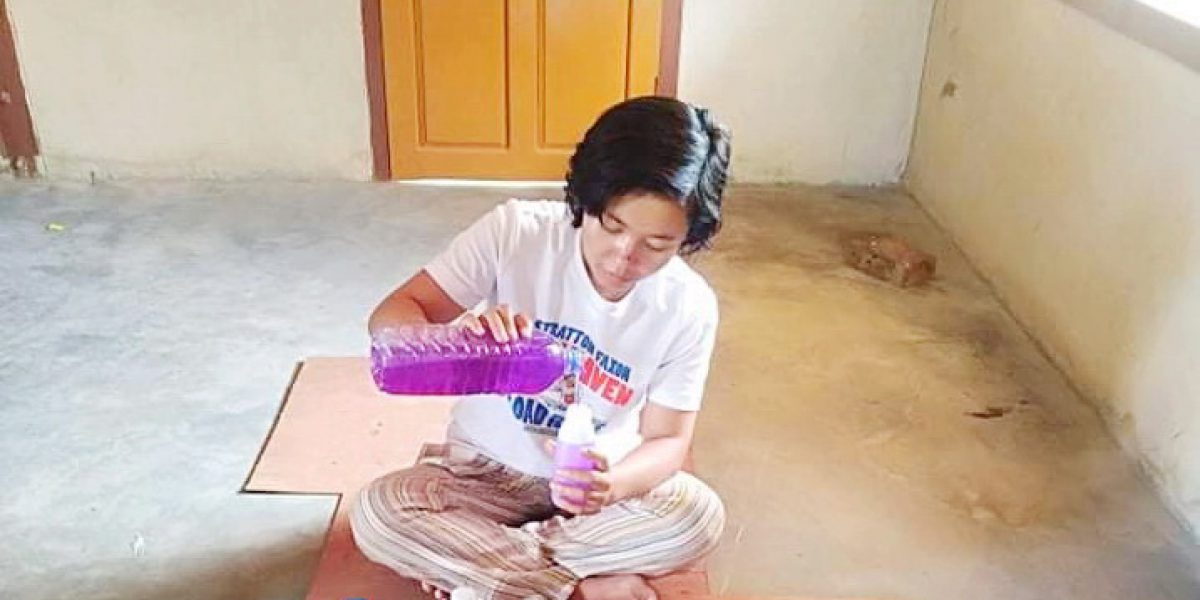
Myanmar, 10 August 2020 – Even though the first COVID-19 case was confirmed in Myanmar on 23 March 2020, the cost of protective equipment has risen since the beginning of February 2020. As the supply in local markets was not enough for everyone and the price was so high, JRS discussed with local partners, Zetaman, and SehTeh Education and Development Foundation (STEDF), for a small local business plan that JRS would provide a mixer machine for each partner and teach them how to produce soap and hand sanitizer, then JRS would buy and distribute their products to communities.
Stella, Education Officer, started producing samples of liquid soap and hand sanitizer to test the quality. Then, she taught STEDF staff step by step on how to produce and set a price for each product considering the investment in raw materials and labor. As Zetaman team already knew how to make liquid soap, hand-sanitizer, and cloth mask, the JRS team only offered advice on improving the quality of the 3-layer cloth mask and introduced wholesale shops in Yangon and Taunggyi for materials.
JRS purchased 940 cloth masks and more than 200 bottles (1 litre) of liquid soap from Zetaman, and 200 more bottles (500 ml) of hand sanitizer from STEDF to distribute to 50 schools in Shadaw and Mawchi area in Kayah State, Myanmar, during May and June 2020.
Currently, both Zetaman and STEDF continue producing and selling their high-quality products at a reasonable price and earned income from the business.
Although there were some challenges, such as ordering raw materials took a long time during the lockdown in March and May 2020, we still believe that local production is important amid the pandemic. It is indeed a fruitful result of the best team working and cooperation with local partners.
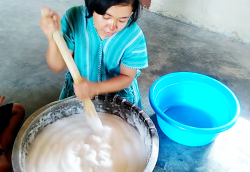
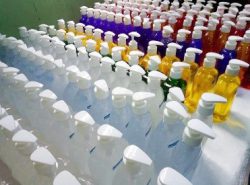
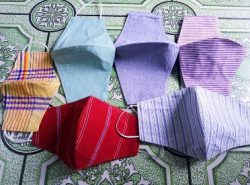
The impact of COVID-19 on our work in Myanmar
The COVID-19 pandemic has disrupted the normal routine, including project activities of Jesuit Refugee Service (JRS) in Kayah State, Myanmar. JRS team developed a contingency plan ready for all possible scenarios in order to support the needs of people we serve. Project activities and services have been changed to different delivery modes while maintaining COVID-19 preventive measures. Physical meetings and training were switched to online where the internet is accessible. On the other hand, printed materials have been provided to teachers and students to sustain their classes in the conflict-affected remote communities where the internet is not accessible. While JRS team in Myanmar has reduced the number of participants and frequency of in-person training to ensure safety, they also work with local partner staff to promote COVID-19 key messages to raise awareness, provide psychosocial support, and hygiene materials, such as hand sanitizer, cloth mask, soap, and water buckets are in the list of teaching and learning materials.

